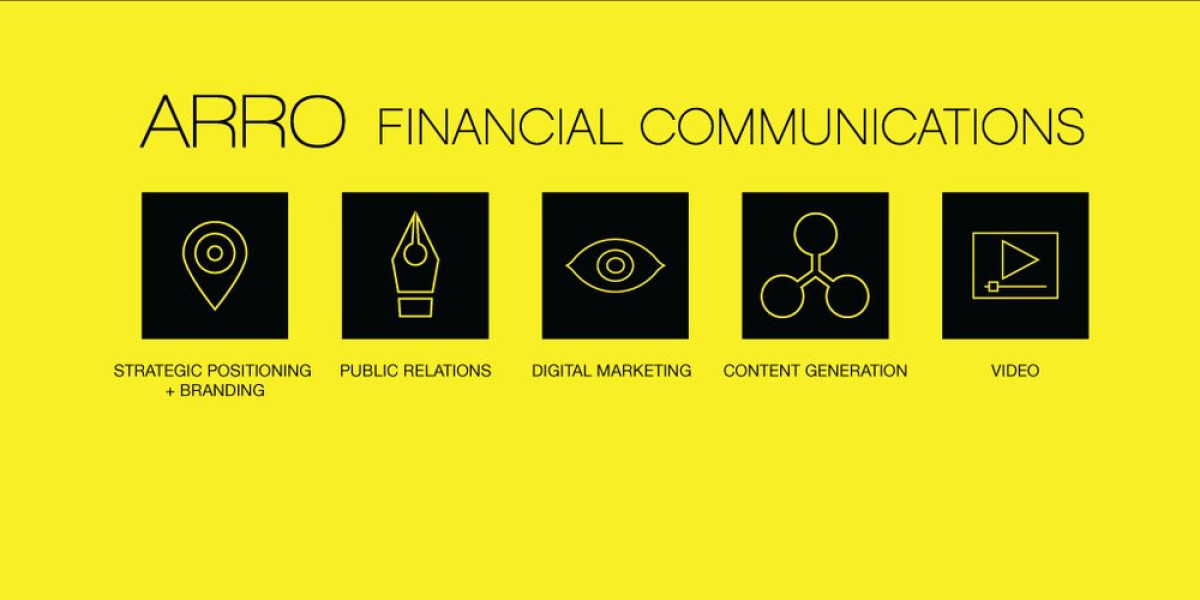Piggybacking, also known as "free-riding" or "tailgating," is a practice that occurs in various contexts, where an individual or entity leverages another's resources, efforts, or access without contributing or seeking permission. This concept manifests in multiple domains, including transportation, technology, business, and social interactions. Understanding piggyback is essential for recognizing both its potential benefits and its drawbacks, as well as implementing measures to control it where necessary.
Piggybacking in Transportation
In transportation, piggybacking refers to a situation where a person gains access to a transport service without paying or without proper authorization. Common examples include:
Public Transport: Individuals may board a bus, train, or subway without purchasing a ticket, often slipping through barriers or following closely behind a paying customer.
Carpooling: In carpool lanes, unauthorized vehicles might use these lanes by mimicking the behavior of legitimate carpools.
Parking: Drivers may follow closely behind another vehicle to enter a restricted parking area, avoiding payment or authorization checks.
Piggybacking in Technology
In the realm of technology, piggybacking often involves unauthorized access to networks, systems, or data. This can include:
Wi-Fi Networks: Unauthorized users may connect to someone else's Wi-Fi network without permission, using their internet bandwidth without contributing to the cost.
Cybersecurity: Hackers might exploit legitimate network sessions to gain unauthorized access to systems, bypassing security measures by piggybacking on a legitimate user's credentials.
Software and Data: Free-riding on software services, where users access premium features without paying, often through shared or stolen credentials.
Piggybacking in Business
In business, piggybacking can occur in various forms, where one company benefits from the efforts or investments of another without directly contributing. This can include:
Brand Leverage: Smaller companies might align themselves closely with larger, more established brands to gain credibility and market share without significant marketing expenditure.
Market Penetration: New entrants in a market might piggyback on the distribution networks of established players to quickly reach a broader customer base.
Innovation: Companies might replicate or slightly modify existing products rather than investing heavily in research and development, benefiting from the pioneering company's efforts.
Piggybacking in Social Interactions
In social contexts, piggybacking refers to situations where individuals benefit from the social capital, efforts, or status of others. Examples include:
Event Access: Attending an event as a guest of a legitimate invitee without being invited themselves, thereby enjoying the benefits of the event without contributing to its organization.
Group Projects: In educational or professional settings, one or more members of a group might contribute minimally to a project while benefiting from the collective work and the resulting grade or recognition.
Social Media: Gaining followers or attention by closely associating with popular influencers or by leveraging trending hashtags and topics without adding significant value.
Advantages of Piggybacking
Despite the potential ethical and legal concerns, piggybacking can offer several advantages:
Cost Efficiency: It allows individuals or organizations to save resources by leveraging existing structures or systems.
Market Entry: It can provide a faster and less risky way for new entrants to penetrate markets or sectors.
Access to Resources: Individuals or entities can gain access to resources or opportunities that might otherwise be unavailable to them.
Disadvantages and Ethical Concerns
However, piggybacking also has notable disadvantages and raises ethical concerns:
Unfair Advantage: It creates an uneven playing field, where those who piggyback may gain benefits without equivalent effort or investment.
Resource Strain: Unauthorized use of resources, such as bandwidth or transportation services, can strain these resources and degrade service quality for legitimate users.
Security Risks: In technology, piggybacking can lead to significant security breaches and data theft, posing risks to individuals and organizations.
Trust Issues: It can erode trust within social or professional settings, leading to conflict and decreased cooperation.
Preventing and Managing Piggybacking
Effective measures can be taken to prevent and manage piggybacking across various domains:
Enhanced Security: Implementing stronger security protocols, such as multi-factor authentication for networks and robust access control for physical spaces, can mitigate unauthorized access.
Monitoring and Enforcement: Regular monitoring and enforcement of rules and policies can deter piggybacking. For instance, increased surveillance and ticket checks in public transport.
Education and Awareness: Raising awareness about the impacts and ethical considerations of piggybacking can discourage such behavior and promote responsible practices.
Innovative Solutions: Developing innovative solutions, such as dynamic pricing or usage-based billing, can ensure that resources are fairly allocated and paid for by users.
Conclusion
Piggybacking is a multifaceted phenomenon with implications across transportation, technology, business, and social interactions. While it can offer cost-saving advantages and facilitate market entry, it also poses significant ethical and practical challenges. Balancing the benefits and drawbacks of piggybacking requires careful consideration, robust security measures, and a commitment to fairness and integrity. By understanding and addressing the nuances of piggybacking, individuals and organizations can better navigate its complexities and promote equitable resource use. Visit the official website of altiq.com.au








